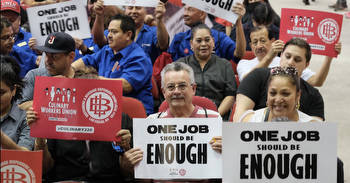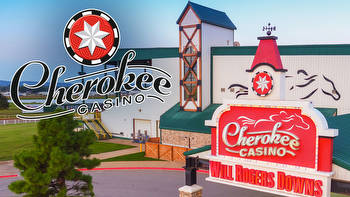EEOC sues Las Vegas casino in class-action disability discrimination suit

The Americans with Disabilities Act prohibits employers from discriminating against employees based on their disabilities and requires reasonable accommodations as needed, unless doing so would pose an undue hardship, EEOC reminded businesses in its announcement.
“The EEOC continues to see disability discrimination in the workplace, particularly where employers fail to provide reasonable accommodations as required under the ADA,” Anna Park, regional attorney for the EEOC’s Los Angeles district — whose jurisdiction includes Las Vegas — noted in the press release.
As in the case for the first charging party, employers sometimes wrongly make assumptions about safety to avoid providing a reasonable accommodation. Service dogs are one type of accommodation in which this crops up repeatedly; last July, EEOC sued a Hobby Lobby store in Kansas when an employee was denied use of her service dog due to an HR representative’s concerns over safety, and last month, it sued a Georgia-based Papa Johns location for the same reason.
EEOC maintains guidance to help employers navigate reasonable accommodation requirements and offers examples, which can include things like job restructuring, modifying work schedules and making facilities more accessible. The document also examines the types of situations that create legitimate undue hardship as a reason to deny such accommodation.


































